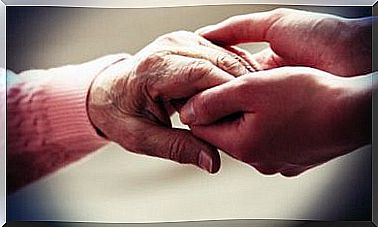Educating Emotions

“From childhood they taught us how bones, organs, functions and parts of the body are formed, but we never knew what the soul is made of.” – Mario Benedetti
Perhaps we are not aware of everything that happens to our emotions throughout our lives. Nobody taught us how to deal with emotions, how to change or feel them, it’s as if we’ve forgotten them, due to the fact that they are not visible. But aren’t they fundamental in our daily lives?
Why are emotions so important?
Emotions determine how we relate to the world. Our mental health and personal well-being influence each other, emotions are generated according to the way we relate to the world around us. We are not born with developed thinking, nor with language, we cannot even plan what we do when we are little. However, our emotions allow communication and identification of what is good and what is harmful.
We relate to the world and the people who live in it through crying, smiling and spontaneous reactions. Thus, we can affirm that emotions reflect our physical, mental, social and personal image.
Why is teaching about emotions so important?
The emotions inform how we relate to the world around us. We feel happy and satisfied when things go well, sad and hopeless when things go wrong, and threatened by suffering losses.
Our thoughts vary according to the emotions felt at each moment, preparing our body, through our nervous system, for the best response. Emotions are like an alarm system, they are activated when they notice a change in the situation around them. These are adaptable resources that we human beings have and that prioritize the most relevant information for each one of us. In this way, they activate different processes that allow us to respond appropriately.
We often experience positive emotions in childhood and this favors the development of an optimistic, confident and outgoing personality. When the emotions experienced are negative, the opposite occurs. Thus, an adequate emotional education will allow us to acquire the skills to deal correctly with our emotional states, reduce negative emotions and increase, to a great extent, positive emotions.
In this sense, we can mention, for example, the ability to know how to better resolve the conflicts encountered, in addition to facing short-term frustration in exchange for a good long-term reward, and learning to deal with our moods so that let us always be motivated.
Benefits of Emotional Education
A good emotional education involves a long learning process, in which a vision of the world, of ourselves and of how we deal with our feelings is built. Furthermore, every experience has an emotional touch, whether it is pleasant or not. With an adequate development of emotions, we will be able to:
– Recover us from negative emotions faster;
– Adopt a positive attitude towards life;
– Be more optimistic, but not overly so;
– Know how to express feelings. Be realistic about self-esteem;
– Have the ability to cooperate and reduce conflicts in the best way possible.









